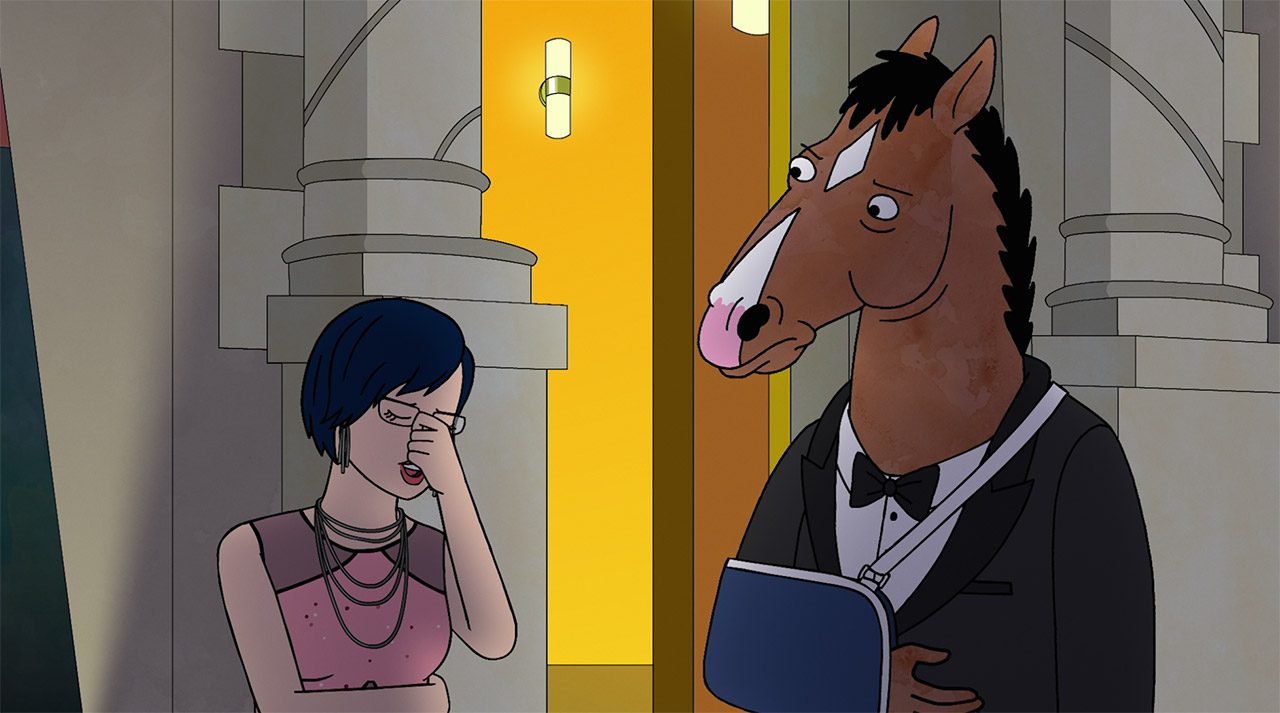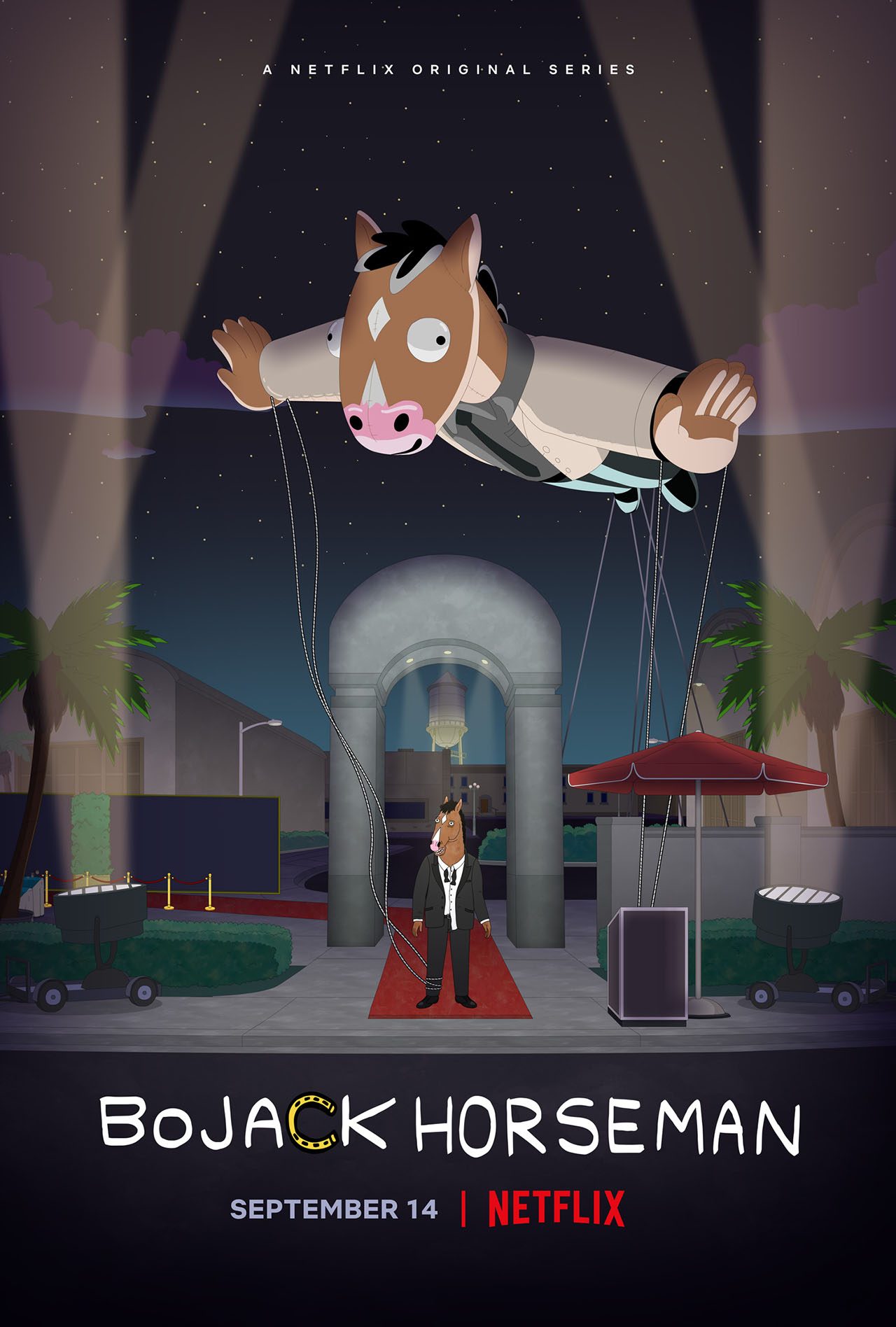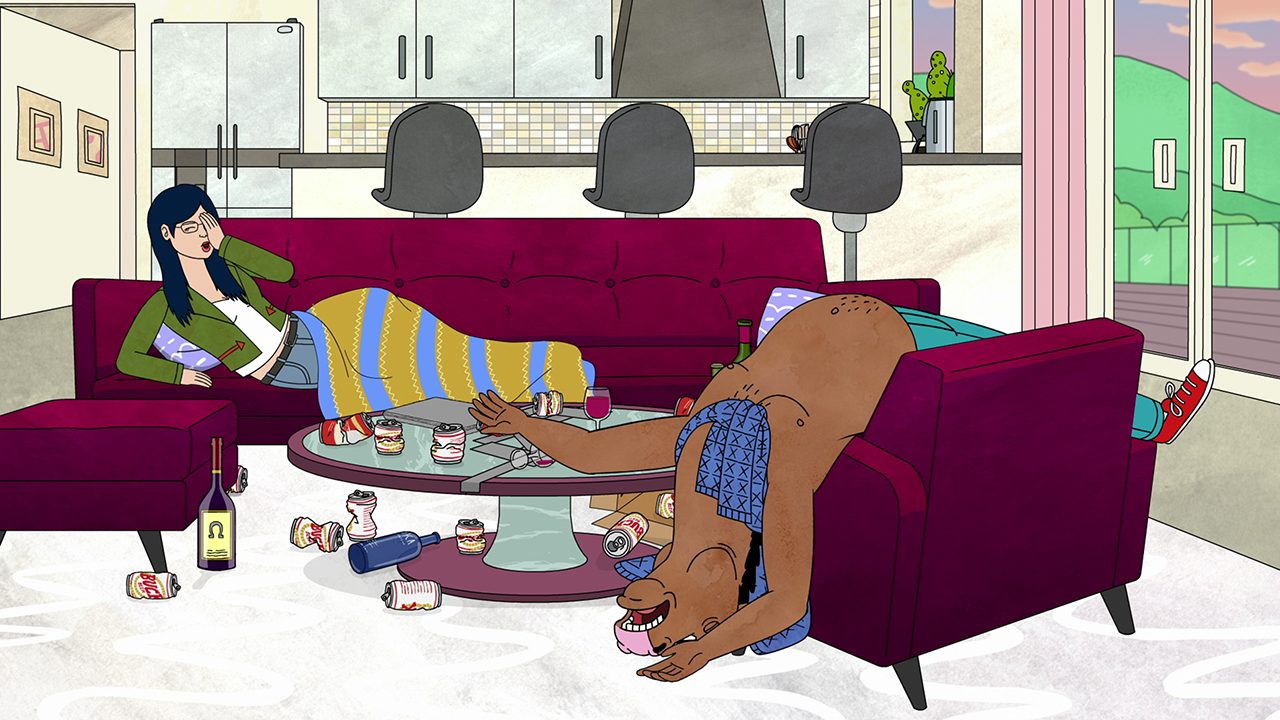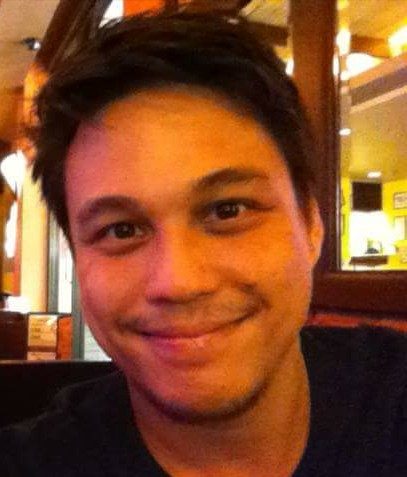SUMMARY
This is AI generated summarization, which may have errors. For context, always refer to the full article.

**WARNING: SPOILERS AHEAD**
BoJack Horseman is a story about people (and anthropomorphized animals) flailing and stumbling through the china shop of life. Lives topple, psyches shatter – drugs and alcohol are consumed in copious amounts.
It would all be more harrowing if it weren’t for the fact that the show is so damn funny. BoJack Horseman masterfully blends Shakespearean tragedy with Matt Groening-style gags and visual puns.
Despite the BoJack Horseman’s surreal sense of humor and drama, the show tells a very human story. At the center of the show is BoJack Horseman, a former 90s family sitcom star (think Bob Saget in Full House) who tries to salve his ennui with one terrible decision after another. He’s accompanied by a cast of friends, agents, and hangers-on — all of whom are undergoing existential crises of their own.
This series is a study on how we face the abyss, and what we do to fill that void. Occasionally, there are jokes about animal parts.
Aftermath
Season 5 tackles both the aftermath of the previous season and sheds a bit more light on the motivations of the individual characters.
An entire episode (“The Dog Days are Over”) is dedicated to Diane Nguyen, and her reaction to the disintegration of her marriage to Mr. Peanutbutter. She flies to Vietnam in an attempt to find her roots, but there is no Eat Pray Love moment here. No communing with something bigger — how could she, when heartbreak is the biggest thing in her life at that moment?
Diane may look like a local, but she doesn’t speak the language, and can’t relate to the culture. The fact that fellow American tourists can’t seem to accept that she’s also American only adds to her isolation. The episode is a terrific examination of heartbreak and survival.
In “Free Churro,” we catch up with BoJack as he gives a eulogy at the wake of his mother (and tormentor) Beatrice Horseman. The fact that the show doesn’t bother showing how or exactly when Beatrice died is a great commentary on the dysfunctional relationship between BoJack and Beatrice.
Typical of many abusive relationships, BoJack is torn between anger and a longing for validation. (“Knock once if you’re proud of me,” BoJack tells the casket. He’s only half-joking.) Throughout the eulogy, BoJack repeats one of Beatrice’s final words: “I see you.” Those words become a chorus of hope for BoJack.
In Beatrice’s dying moments, she finally sees him.
And then the gut punch: later in the speech, BoJack realizes Beatrice wasn’t saying “I see you”; she was simply reading a sign in the intensive care ward: ICU. And then the insult to injury: BoJack opens the closed casket, hoping to face his abuser one last time — and discovers he was at the wrong wake. The mourners were too stunned to interrupt BoJack during his eulogy.
That emotional roller-coaster — hope dipping into despair, which twists into absurdity — is pretty typical for BoJack Horseman. But in “Free Churro” the writing and acting (to call Will Arnett’s work “voice acting” is a disservice; this is acting, plain and simple) reach an even greater apex. This episode is an elegiac masterpiece.
Within this menagerie of screwed-up characters, Princess Carolyn is one of the more stable ones. After her miscarriage last season, she decides to adopt. PC heads back to her hometown of North Carolina to meet Sadie, a potential birth mother. She rediscovers the beauty of her town (“It’s beautiful out here, look at all those stars!” PC tells Sadie during a church potluck. “You don’t have stars in LA?” Sadie asks. “Not like these,” PC answers wistfully) but is torn between proving to Sadie that she would make a great mother and managing the BoJack-related catastrophes happening back in Los Angeles.
In the end, Sadie decides not to give her child to Princess Carolyn. “You think I’m stupid, but I’ve been watching you bullshit everyone on that phone of yours,” she tells PC. The episode eschews the expected resolutions — PC doesn’t give up her career to live a simple life with her child — and is all the better for it.

Abuse
After the critical success of Secretariat, BoJack now stars in Philbert, a pseudo-noir detective show. All the hallmarks of film noir are here: murder, intrigue, and crippling paranoia. This show within a show is a metaphor for Bojack’s eroding psyche, but elements from his real life bleed into the show. Philbert’s home looks exactly like BoJack’s. BoJack sleeps with his co-star Gina (played by the amazing Stephanie Beatriz).
Diane receives an audio recording of BoJack’s conversation with Penny, the underage daughter of his now-estranged friend Charlotte. In season 4, Penny attempted to seduce BoJack. While no inappropriate contact happened, the recording doesn’t fully confirm that. Out of anger, Diane began integrating snippets of the events into the Philbert script.
Racked by guilt, fear, and paranoia, BoJack eventually snaps and strangles Gina in the middle of shooting a scene. Footage of the assault goes viral. Princess Carolyn goes into damage control mode and arranges a TV interview where BoJack and Gina can reassure the world – “Relax! The incident was just a misunderstanding!”

Karma
BoJack has done a lot of repugnant things. In the previous four seasons, we’ve seen just how low BoJack could go, how utterly derailed his life could get. And now, he wants the pain. Wants it real bad. But he isn’t a masochist. Not really. He only wants what’s coming for him. He begs Gina to denounce him during the interview. Let’s not pretend this is okay. But she doesn’t want the assault to define her reinvigorated career, so she refuses to deviate from the pre-planned script.
Red Pillers are probably fist-bumping over this scene, since it looks like a woman opted to not play the “victim card” (finally!) and go after her attacker. The truth is, Gina utterly pulverized BoJack by refusing to become a prop in his play for contrition. But to do that, she first had to recognize the vulnerable position the incident put her in. She wasn’t afraid of the perpetrator. In the end, she was the empowered one.
BoJack then turns to Diane for help. He begs her to publish an attack piece on Girl Croosh, the blog she works for. Like Gina, she refuses. “Whatever you put in that story, no one is gonna ‘hold you accountable,’” she tells him. “You need to take responsibility for yourself.”
But Diane has some sympathy for BoJack, given their long-standing friendship. She accompanies BoJack as he takes responsibility for himself — by checking into rehab.
BoJack Horseman has always tackled substance abuse. But in season 5, with the #metoo movement at the peak of cultural relevance, the abuse of power — or, more accurately, the abuse of powerlessness — is at the forefront of the series. Going to rehab isn’t the most empowering thing BoJack could do, but it sets the stage for a brighter future.
That is, until the next gut punch comes. – Rappler.com

Iñigo de Paula is a writer who lives and works in Quezon City. When he isn’t talking about himself in the third person, he writes about pop culture and its peripheries.
Add a comment
How does this make you feel?
There are no comments yet. Add your comment to start the conversation.